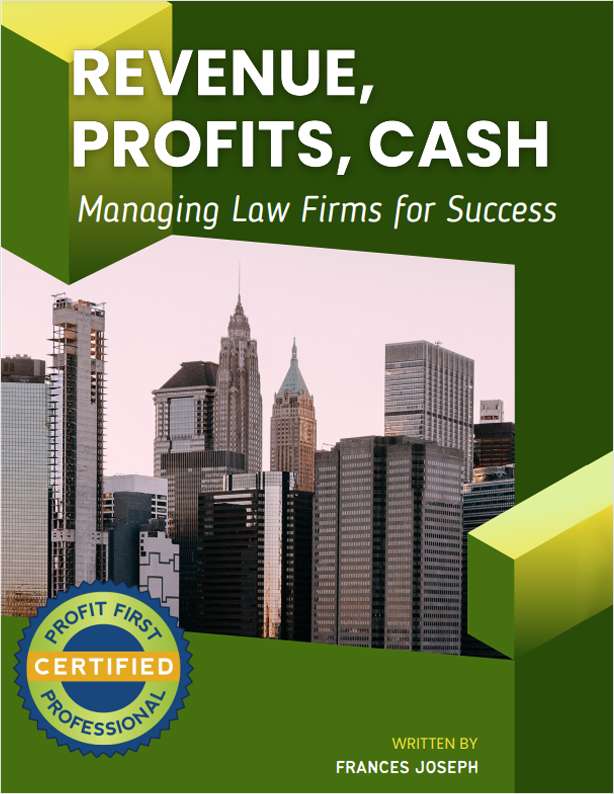0 results for 'Petrucci'

Analyzing the Long-Awaitied 'Protz' Decision
English philosopher, John Locke, wrote in his Second Treatise of Government in 1689 that legislative authority consists of the power "to make laws, and not to make legislators." Considering the Pennsylvania Supreme Court felt compelled to include this quote at the beginning of its review of Protz v. Workers' Compensation Appeal Board (Derry Area School District), 124 A.3d 406 (Pa. Commw. 2015), it stands to reason that the court wanted to leave no doubt that the Pennsylvania General Assembly had, in fact, attempted to make legislators out of the members of the American Medical Association when the General Assembly authored Section 306(a.2) of the Workers' Compensation Act. As is well known by now, Act 57 of 1996 amended the Workers' Compensation Act in an attempt to join the wave of jurisdictions that were appealing to The American Medial Association Guides to the Evaluation of Permanent Impairments (The AMA Guides) to limit workers' rights. The problem in Pennsylvania has been that the amendments called for reliance on "the most recent edition" of the AMA Guides in performing impairment rating evaluations (IREs). The Supreme Court has finally weighed in on the matter and found that the Pennsylvania legislature attempted to pass off to another body de facto control over matters of policy in violation of Article II Section 1 of the Pennsylvania Constitution.
Is Injured Worker an Independent Contractor or Employee?
Earlier this month, the Commonwealth Court issued an order reporting the previously unreported case of Hawbaker v. Workers' Compensation Appeal Board (Kriner's Quality Roofing Services and Uninsured Employers Guaranty Fund), 224 C.D. 2016. The case offers an opportunity to revisit the oft-litigated issue of whether an injured worker is an employee or an independent contractor. Moreover, the case considers the question in light of the Construction Workplace Misclassification Act, which sets forth criteria for classification of independent contractors in construction settings.
Revisiting the Average Weekly Wage Case by Case
The recent Commonwealth Court case of Lidey v. Workers' Compensation Appeal Board (Tropical Amusements), 726 C.D. 2016, serves to remind the claimant's practitioner that the injured workers' average weekly wage (AWW) should be reviewed for accuracy in every case. Given the many different ways to determine an AWW, the employer and insurance company often make both simple and complex errors in the wage that gets acknowledged on various bureau documents.
Workers' Compensation 'Reform' Remains Unnecessary
Another year and another workers' compensation insurance rate cut. For the third year in a row under the Wolf administration, and the sixth overall, there will be a significant rate cut in workers' compensation insurance, while the system maintains benefit levels for people injured on the job.
Pa. Supreme Court Decision Foreshadows 'Protz'?
With every passing month, the elephant in the room that goes by the name Protz v. Workers' Compensation Appeal Board (Derry Area School District) grows bigger while the Commonwealth and Supreme courts continue to churn out case after case dealing with impairment rating evaluations (IREs) under Section 306(a.2) of the Workers' Compensation Act.
Commonwealth Court Allows 'Protz' to be Raised Post Hoc
As discussed in this space on various occasions, the Commonwealth Court's decision in Protz v. Workers' Compensation Appeal Board (Derry Area School District), 124 A.3d 406 (Pa. Commw. 2015), which has since been taken up by the Pennsylvania Supreme Court, addressed the constitutionality of Section 306(a.2) of the Workers' Compensation Act, which calls for reliance on "the most recent edition" of The American Medial Association Guides to the Evaluation of Permanent Impairments (the AMA guides) in performing Impairment Rating Evaluation (IREs). The court found that the legislature's deference to "the most recent version" of the AMA guides was an unconstitutional delegation of legislative authority to the AMA with no vehicle for legislative review.
Addressing the Burden of Proof in a Fatal Claim Petition
Last month, the Commonwealth Court took the action of reporting a previously unreported decision from August of this year in the matter of Justus v. Workers' Compensation Appeal Board (Bay Valley Foods), 1556 C.D. 2015. The case addresses a very fact specific fatal claim, which provides some guidance as to the burden of proof in such a petition, and what is considered substantial competent evidence in such cases.
Workers' Comp Fraud, 'Bad Faith' On Monday's 'The American Law Journal'
What's worse—a worker wholly fabricating an injury? Or an employer refusing compensation to a good Samaritan employee injured trying to save another man's life?
Subrogation and the Heart and Lung Act
As is well known, an employer's right to subrogation under Section 319 of the Workers' Compensation Act has consistently been found to be absolute, with few exceptions. The most notable example being where the injured worker recovers from an uninsured motorist policy paid for by the employee himself. There is, however, another exception that can be missed, which was recently addressed in the Commonwealth Court case of Pennsylvania State Police v. Workers' Compensation Appeal Board (Bushta), No. 2426 C.D. 2015.
When Is a Dismissal With Prejudice Warranted?
When litigating a workers' compensation case, the parties are often at the whim of a doctor who has a remarkably busy schedule and who may cancel a deposition on the eve of a scheduling order in a case before a regimented workers' compensation judge. Moreover, fact witnesses who are less than concerned with your client's case are often difficult to locate or reach and can give the parties fits in agreeing on a mutually convenient date, time and place for a deposition. All of these potential delays can lead to a case being either withdrawn or dismissed with or without prejudice to refile.TRENDING STORIES
More from ALM
- Legal Speak at General Counsel Conference Midwest 2024: Carolyn Burbrink, Uber Director of Volume Mobility Safety and Insurance Litigation 1 minute read
- Legal Speak at General Counsel Conference Midwest 2024: Andy Goldberg, Laner Muchin Managing Partner 1 minute read
- Legal Speak at Legalweek 2024: Priori CEO and Co-Founder Basha Rubin; Shook, Hardy & Bacon Partner Patrick Oot 1 minute read
Resources

Revenue, Profit, Cash: Managing Law Firms for Success
Brought to you by Juris Ledger
Download Now

7 Proven Strategies for Implementing a Workers' Comp Cloud Platform
Brought to you by Origami Risk
Download Now

Maximizing Liquidity and Loan Growth: A Credit Union's Success Story
Brought to you by Upstart
Download Now

Candid Conversations: Couples, Money & Conflict
Brought to you by eMoney Advisor
Download Now




